Although the Android 13 operating system has not yet been officially released, Google has already published the so-called developer preview version, in which enthusiasts can view the first changes. At first glance, we won't see much news - except for new themed icons, Wi-Fi permissions and a few others. But it doesn't end there. The new update brings the possibility to virtualize other operating systems as well, which puts Android significantly ahead of the software capabilities of Apple systems.
It could be interest you
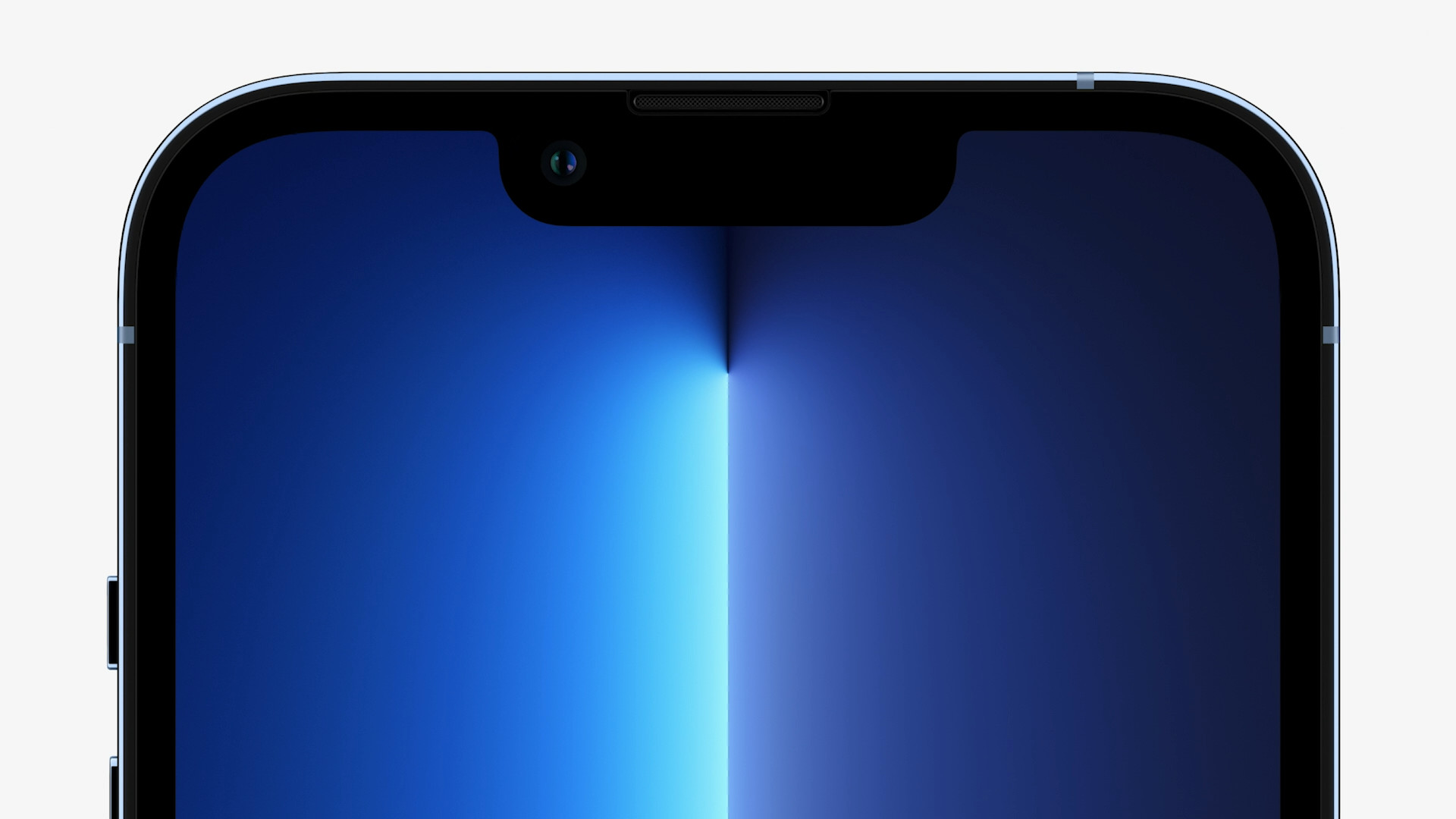
Windows 11 virtualization over Android 13
The well-known developer, who goes by the name kdrag0n on the social network Twitter, demonstrated the capabilities of the new system through a series of posts. Specifically, he managed to virtualize the arm version of Windows 11 on a Google Pixel 6 phone running Android 13 DP1 (developer preview). At the same time, everything ran quite briskly and without major difficulties, despite the lack of support for GPU acceleration. kdrag0n even played the game Doom through a virtualized system, when all he had to do was connect to the VM (virtual machine) from a classic computer for control. So although he was playing on his PC, the game was rendering on the Pixel 6 phone.
Booting Windows, logging in, using it a bit pic.twitter.com/r1ws0WFxOg
- kdrag0n (@ kdrag0n) February 14, 2022
In addition, it did not end with Windows 11 virtualization. Subsequently, the developer tested several Linux distributions, when he encountered practically the same result. The operation was fast and no serious errors complicated the testing of this news in the Android 13 developer preview system.
Apple is far behind
When we look at the possibilities offered by Android 13, we must clearly state that Apple systems are noticeably behind it. Of course, the question is whether an iPhone would need the same function, for example, for which we would probably not use it at all. However, it is a little different with tablets in general. Although currently available iPads offer breathtaking performance and can cope with practically any task, they are severely limited by the system, which is still complained about by a large number of users. The iPad Pro most often faces this criticism. It does offer a modern M1 chip, which, among other things, powers the MacBook Air (2020) or the 24″ iMac (2021), but it is practically unused due to iPadOS.
On the other hand, we have competing tablets. The models that will support Android 13 can be easily used both for normal "mobile" activity and for classic work through the virtualization of one of the desktop systems. Apple should definitely not ignore the current situation, because it seems that the competition is starting to run away from it. Of course, Apple fans would like to see a greater opening of the iPadOS system, thanks to which they could work fully from their tablets.
It could be interest you
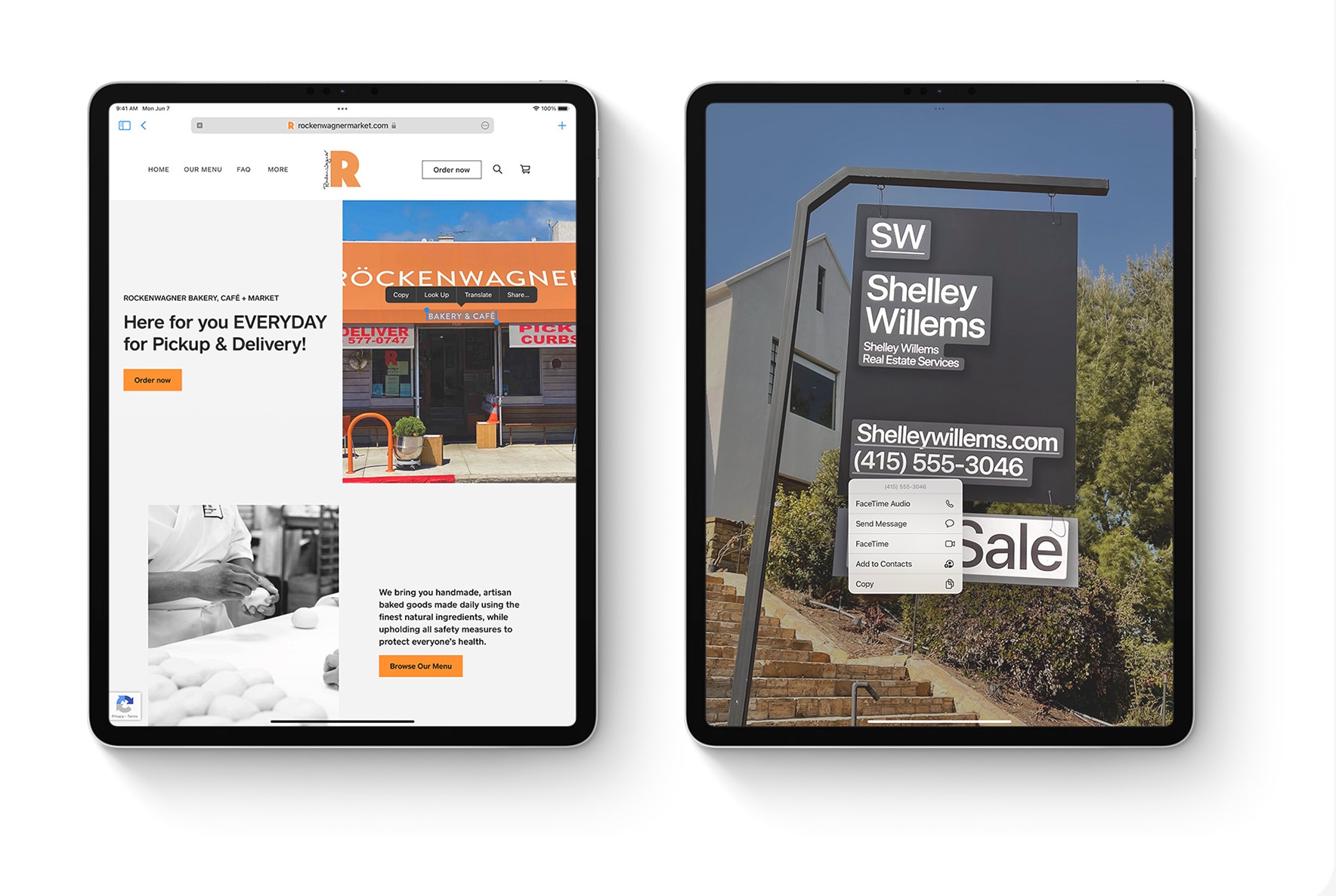
 Adam Kos
Adam Kos 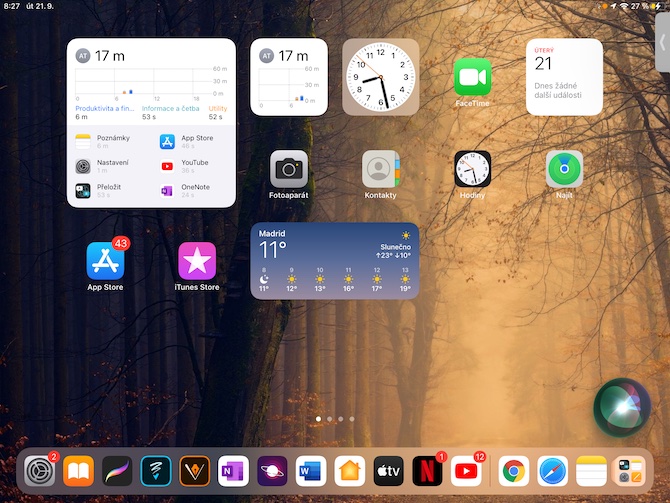
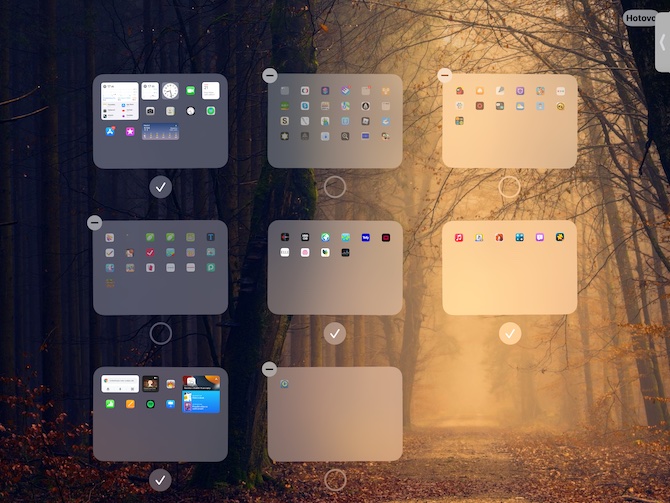
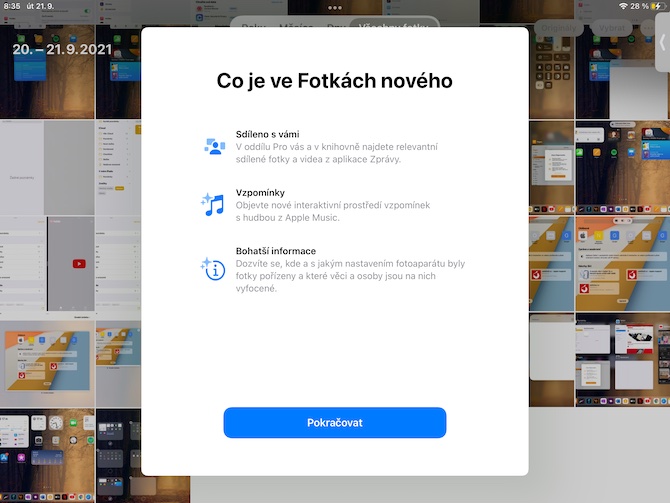
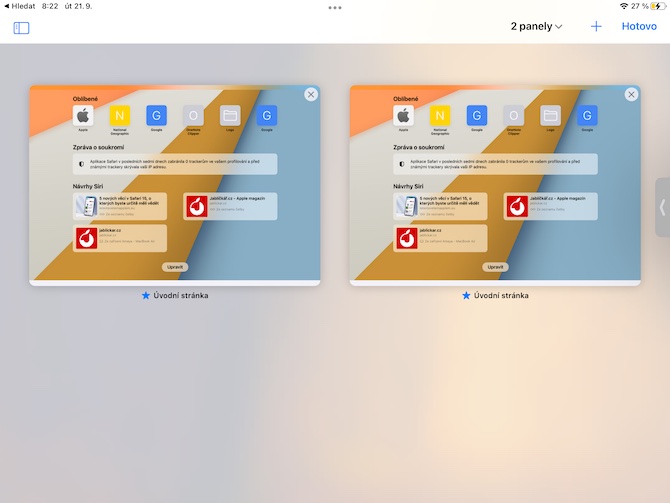
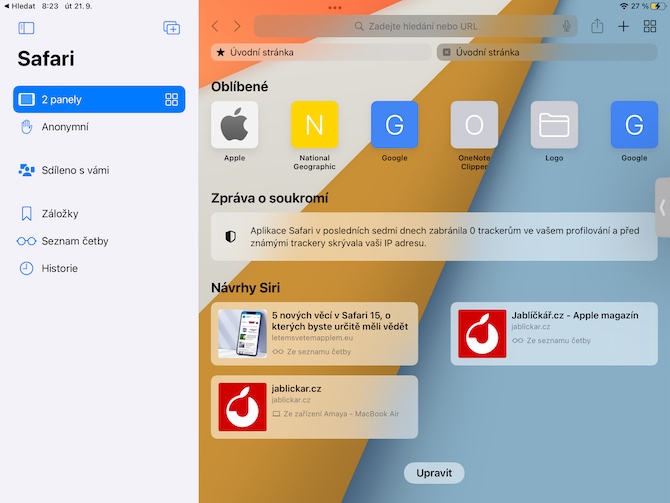


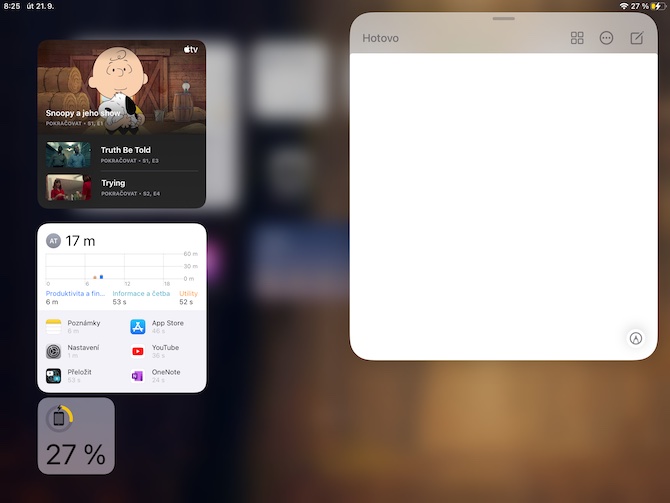
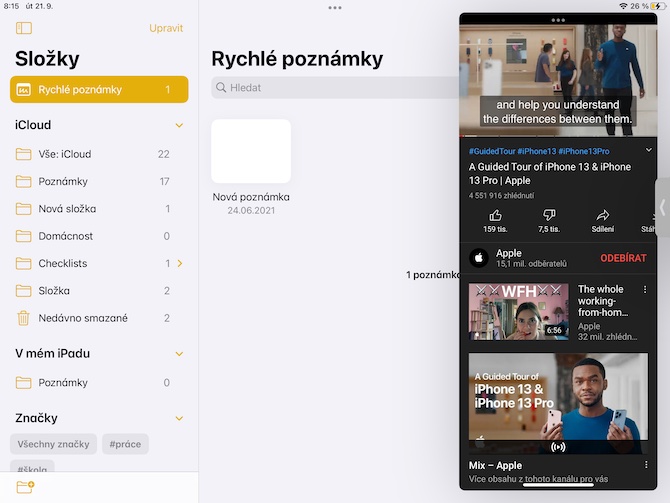
Apple has always ALWAYS been behind!!! And that in absolutely everything!
As with your iOS firmwares. which only play on the mobile OS and which still can't do a lot of things, both with the iPad OS (it's Apple's fault that it split iOS and the iPad OS...), and with the Mac OS, where the most elementary things are missing in the system, so that the system can be used from beginning to use, e.g. working with windows, which are both in Linux and Win in the base and a lot of other things that the Mac simply does not have in the base at all, or a lot of SW is missing, especially the high-quality one...
That's bullshit🙈
There is work with windows in Linux??? Torvalds would chase you…
What are the most basic things missing in MacOS? MacOS can't work with windows? It's like controlling Macs through the command line? The gentleman will probably be an expert.
Why would I virtualize widle if I have iOS and .Mac os?
Exactly. My speech.
I would understand why to virtualize Windows, there can be plenty of reasons, but I don't understand why to virtualize Windows on a mobile 🙂
I don't want to disparage the person who started it, technically it's definitely interesting, you have to be able to use it sometimes, but it's not really a killer feature 🙂
Somehow I don't see a reason to virtualize Windows when I'm running macOS/iOS/iPadOS. If I needed Windows, I'd get a PC.
I study computer science and on my Mac I have, in addition to MacOS in Parallels, Windows and Ubuntu and Debian in VirtualBox. Everything runs like clockwork. I sometimes feel sorry for classmates who have Widle. The only thing that works better is probably Visual Studio. Nothing else.
Even those chests, widles are evil and if you like them so much, you climb here. And the article about the missing virtualization of systems is also quite ee thing. If I want to do something properly, I need a computer with a proper monitor, mouse and keyboard, the rest are toys for piovins like fcb, insta and other nonsense for people who don't live their own lives or have a need to brag about some nonsense.
I wonder in vain WHO is missing it - maybe the author of the article.
It didn't even occur to me and I'm sure I'm not alone...
Why virtualize something that by itself works stupidly and on a tablet? 🤔
Mr. Holub, a marketing student, had read somewhere about the importance of nonsense for gathering readers' reactions. And so Holt took on the role of an idiot on Jablickari. :-) I think we should not give him space and simply stop reading his nonsense.
And here you can just beee that :D
And you can just meeeee that :D
I would say that in this case it is not about Windows virtualization or various Linux distributions, but about the concept... Considering how powerful iPads are, it is a bit of a shame that they do not allow running, for example, a virtual Mac environment or another acceptable system for die-hard Apple fans. It can then bring advantages with the fact that a tablet whose performance may hardly be used will be used for serious work and access to programs normally unavailable...
I know that these pages are primarily focused on systems from Apple, but that does not mean that it is an environment to insult Android and Windows when there is something that Apple does not have, despite the fact that some would ask for it...
...so the girl here has really chopped you up, you smart people...and that completely and above all politely without insults... Thanks for the post...